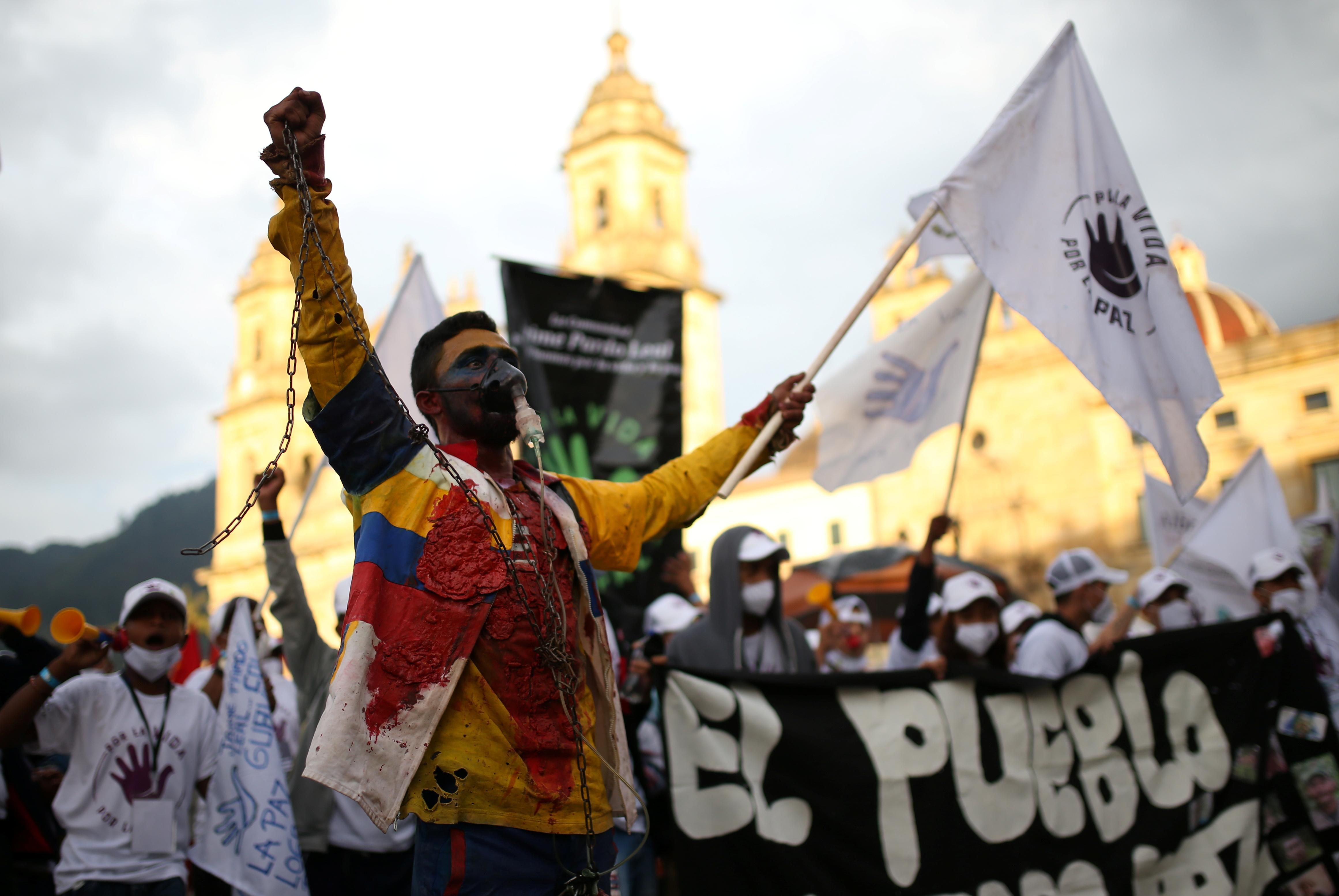News
January 20, 2021
253: According to the Institute for Development and Peace Studies, 253 former FARC fighters have been killed in Colombia since 2017, when the rebels signed a peace deal with the government. The agreement put an end to five decades of bloody conflict in the country's rural areas, while FARC members agreed to demobilize and reintegrate into Colombian society.
143: In the last few hours of his presidential term, Donald Trump issued 143 executive pardons and commutations, including a full pardon for former Trump 2016 campaign manager and White House chief strategist Steve Bannon, and rappers Lil Wayne and Kodak Black. In the end Trump did not pardon himself nor any member of his immediate family.
43: At least 43 African migrants died after the boat carrying them capsized off the Libyan coast on Wednesday. It was 2021's first major maritime disaster in the central Mediterranean, a major route for migrants attempting to reach Europe.
3: Three Chinese drug manufacturers — SinoVac, Sinopharm and CanSino — have applied to join the global COVAX vaccine distribution facility. This is Beijing's first move to supply its own coronavirus jabs under the global scheme to ensure equitable COVID vaccine distribution worldwide, instead of getting them directly from Chinese firms (under China's vaccine diplomacy strategy to win hearts and minds through inoculations in the developing world).More For You
- YouTube
At the 2026 World Economic Forum in Davos, GZERO’s Tony Maciulis spoke with Ariel Ekblaw, Founder of the Aurelia Institute, about how scaling up infrastructure in space could unlock transformative breakthroughs on Earth.
Most Popular
Haitian soldiers keep a watch outside the venue where businessman Laurent Saint-Cyr is set to be designated as president of Haiti's Transitional Presidential Council (CPT), in Port-au-Prince, Haiti, August 7, 2025.
REUTERS/Fildor Pq Egeder/File Photo
On Friday, US officials warned the transitional council in charge of Haiti not to remove interim Prime Minister Alix Didier Fils-Aimé, ahead of a deadline for the council to step down on Feb. 7.
Moldovan President Maia Sandu speaks during a Council of Europe diplomatic conference to launch the International Claims Commission for Ukraine, aimed at handling compensation claims related to Russia's war in Ukraine, in The Hague, Netherlands, December 16, 2025.
REUTERS/Piroschka van de Wouw
The president of the tiny eastern European country has suggested possibly merging with a neighbor.
Hard numbers: US pitches “New Gaza,” Japan paves way for snap elections, “Sinners” smashes records, & More
Jan 23, 2026
Middle East negotiator and son-in-law of President Trump, Jared Kushner talks with Israeli diplomats following a joint press conference in the State Dining Room of the White House in Washington, DC, USA, 29 September 2025.
$25 billion: The minimum amount of investment required to fulfil Jared Kushner’s ambitious property plan for Gaza.
© 2025 GZERO Media. All Rights Reserved | A Eurasia Group media company.
